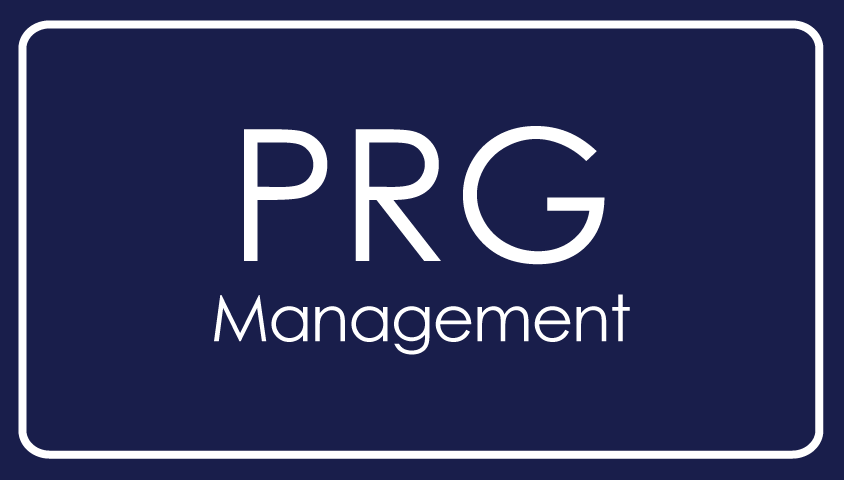Over the past few years, you would be hard-pressed to find a company or industry that has not felt the direct effects of the COVID-19 pandemic and lockdowns. The property management world experienced many of the same changes that the real estate industry saw. Financial situations changed, plans were canceled, and major moves were put on hold creating a chaotic situation for many involved.
Here we will briefly explore the 5 ways Chicago property management has evolved in a post-covid world and how these changes will ripple through the industry for years to come. We will also look at how a dynamic and flexible property management company, like PRG Management, dealt with these massive, sudden changes.
1) Increased focus on Health and Safety
The biggest takeaway from the pandemic has been a collective increase in individuals prioritizing health for themselves and those around them. This has changed in form and intensity throughout the past few years but overall there is more awareness surrounding preventing sickness and mitigating some of the potential risks to others. Technology, new business practices, and simply taking a day off when you’re sick are among the simple behavioral changes many have adopted.
2) Remote Work and Flexible Leasing
The lockdowns and COVID restrictions had huge effects on the commercial, office, and business leasing spaces that are just now seeing a big recovery with return-to-office mandates or hybrid attendance plans for many larger businesses. These rapid changes meant that property management companies had to adapt quickly. Many did this by offering flexible leasing schedules or discounted rates for an unoccupied office or working space.
For businesses that could still operate remotely/virtually, this was a viable solution that while not ideal, still allowed both parties to continue operating. The real problems came from businesses that could not conduct business remotely such as restaurants, hair salons, and other businesses dealing with physical goods sales. The lack of funds coming in meant that rent payments fell behind and were short. During this trying time, PRG Management worked hard with all our tenants and clients to avoid any situation where they must vacate. Agreeing on temporarily reduced rates and/or payment plans ensured that even with all the chaos surrounding COVID-19 we had some order in place.
3) Technology and Automation
During the height of the pandemic, a large emphasis was put on various social distancing practices. The “6-foot” rule was universally adopted worldwide. The close corridors of a condo or apartment building presented our Chicago property managers with a new challenge of not being able to meet directly with most clients. The most common solution? Technology.
This unique situation forced property management companies to quickly adopt new technology and communication practices that prioritized everyone’s health. Video conference technology, social distancing, masking, and professional sanitation services were among the many tools used to prevent the spread of the virus. These guidelines have generally relaxed across the board a few years later, but some smart health-centered practices remain. The biggest change that is still prevalent today is virtual meetings and showings of properties. This streamlines things for both parties by saving everyone time and money and is typically done as more of a convenience reason than safety but the practice and its effects still remain.
4) Shift in Tenant Needs and Expectations
Due to the lockdowns and restrictions, we saw many residents spending most of their time at home. Subsequently, much more attention from residents was focused on all potential issues, both big and small. During this period we saw an increase in maintenance requests throughout all our buildings, which meant that property management teams needed to be on top of their game to keep things in working order.
We also ran into an equal increase in interpersonal issues at some buildings. Being a good property manager sometimes means being a mediator between disputing parties. Whether it be between board members or neighboring units, this was a problem that called for calm heads and clear minds.
One of the biggest requests we received from many was an upgrade to the building’s air filtration system. At the time this was an upgrade most businesses invested in for the health and ease of mind of both employees and clients. We also standardized our sanitization responsibilities in order to respond to the increased demand for common area cleaning.
5) Communication and Transparency
With the turmoil of job loss leading to falling behind on rent and inflation affecting all areas of commerce, it became vital that we work with boards and associations to be as transparent as possible about all financial issues. While this can lead to problems with bringing these things to the surface, it ultimately helps the building association survive in the long run by allowing us to directly address problem areas in their finances.
Some buildings will be particular about how involved property management companies are with managing their finances but with the chaos of COVID-19, we saw a massive shift in the other direction. During this time as mentioned before technology was the cornerstone of all communication and our strongest tool in working with our clients all over the city.
5 Ways Chicago Property Management Has Evolved In A Post-Covid World
As we sit a few years removed from the COVID-19 lockdowns, it can sometimes be hard to remember what business was like beforehand. But as we look back, the silver lining to remember is that the chaos forced us to prioritize our health, safety, and well-being over all else. These changes are still the norm and emanate through the business world to this day,

